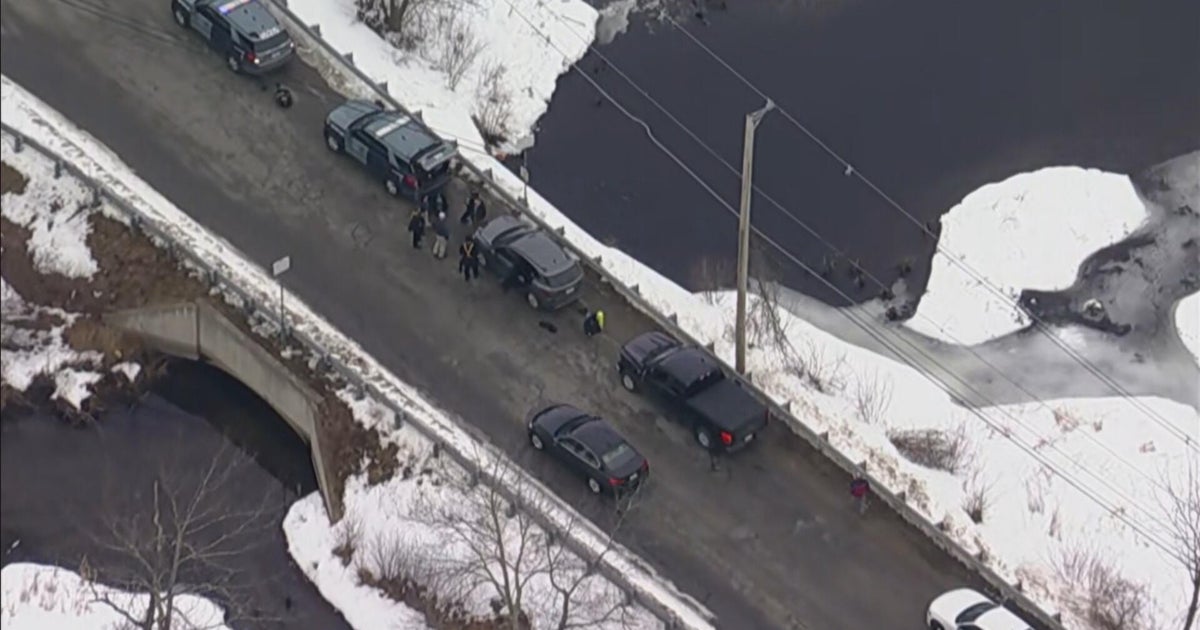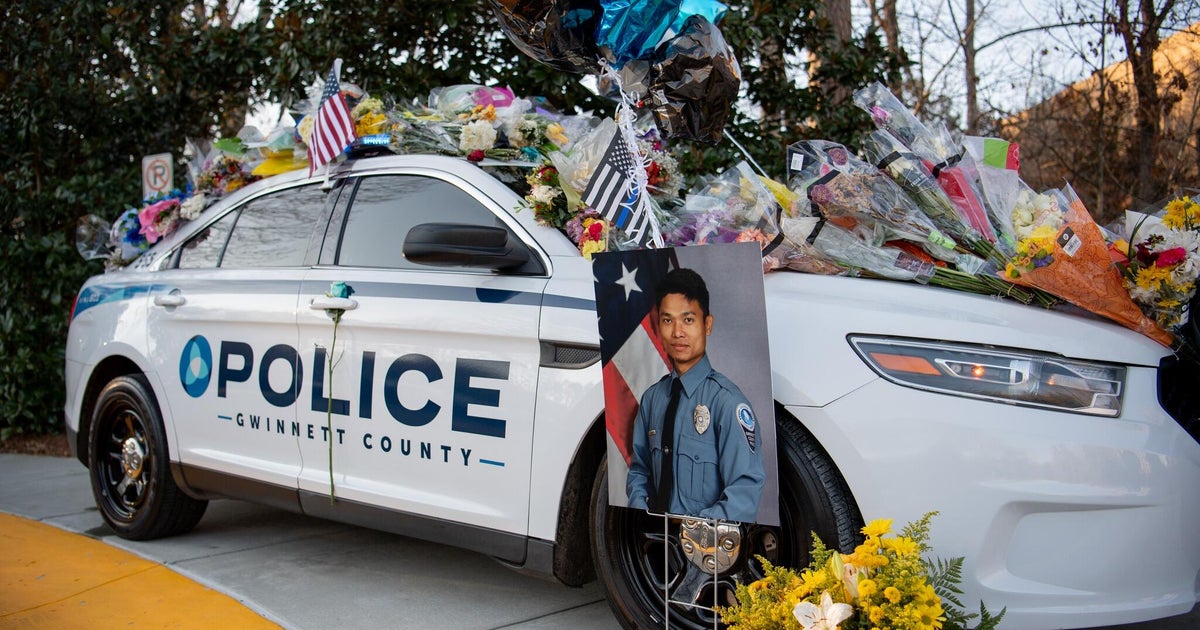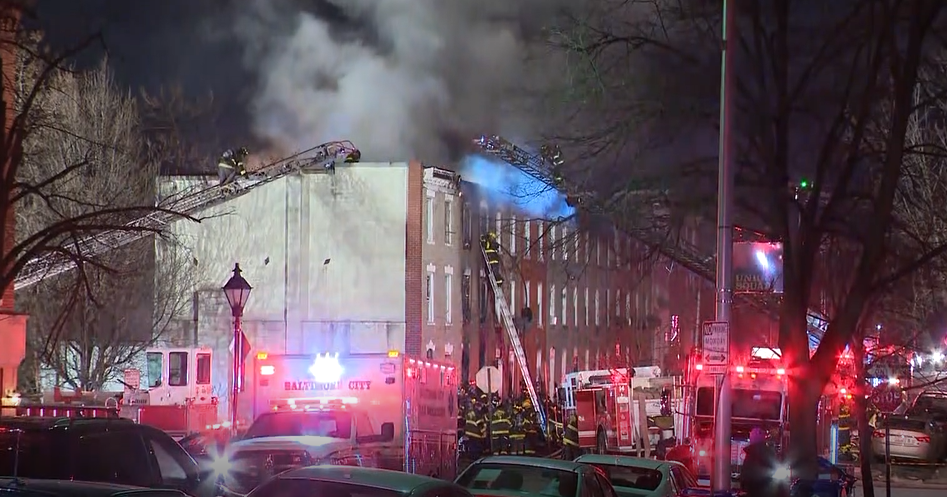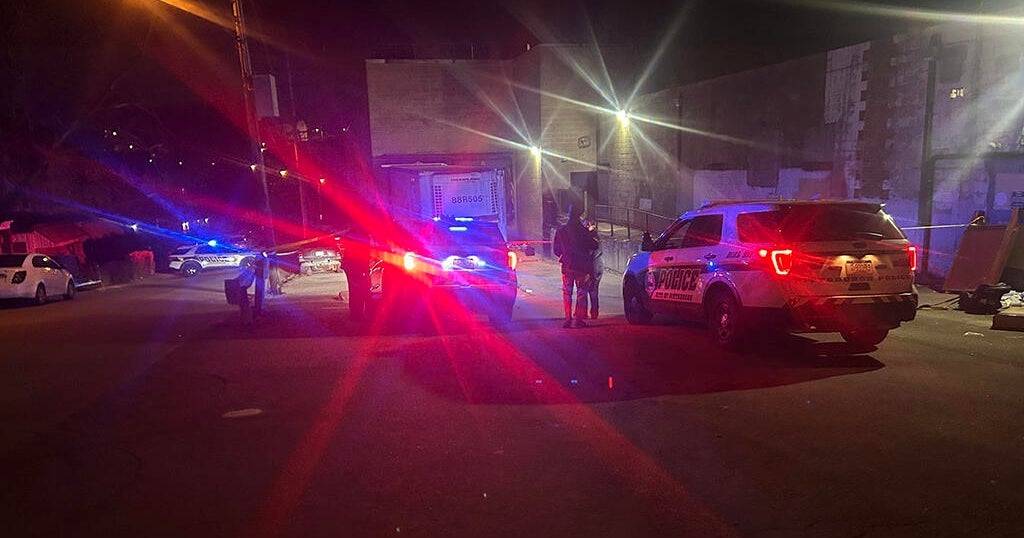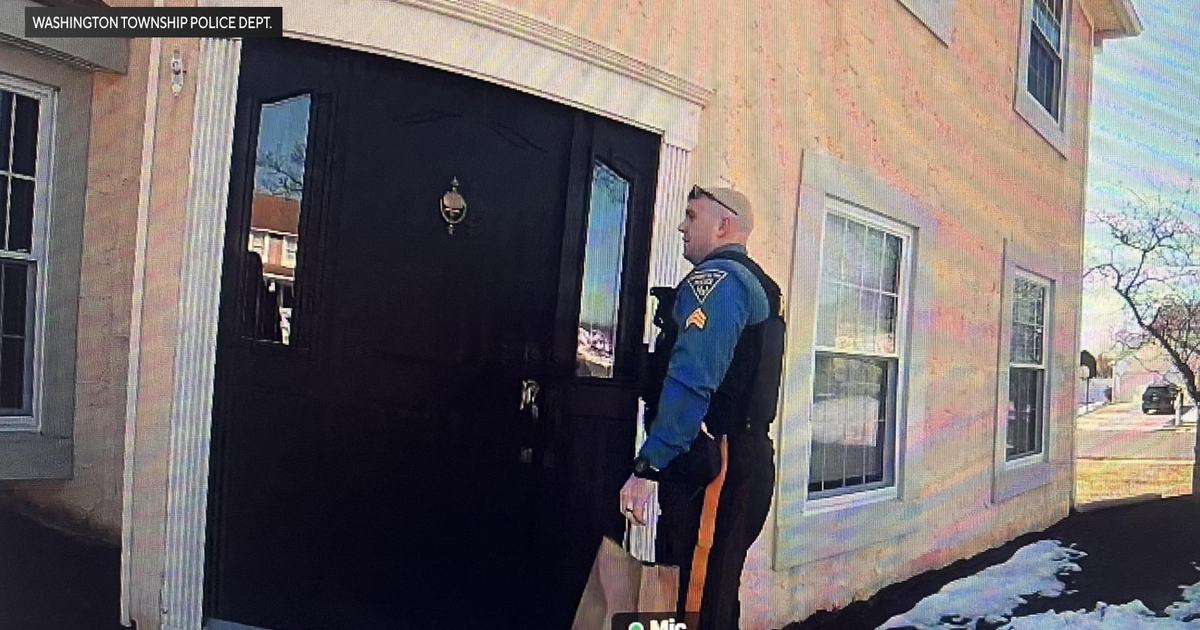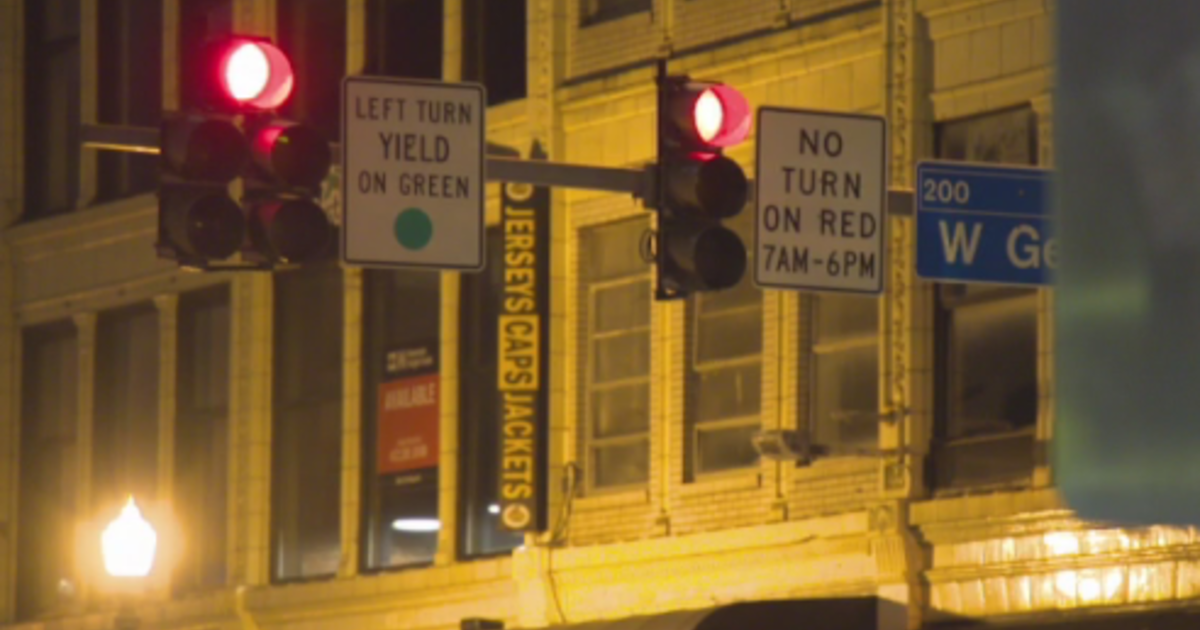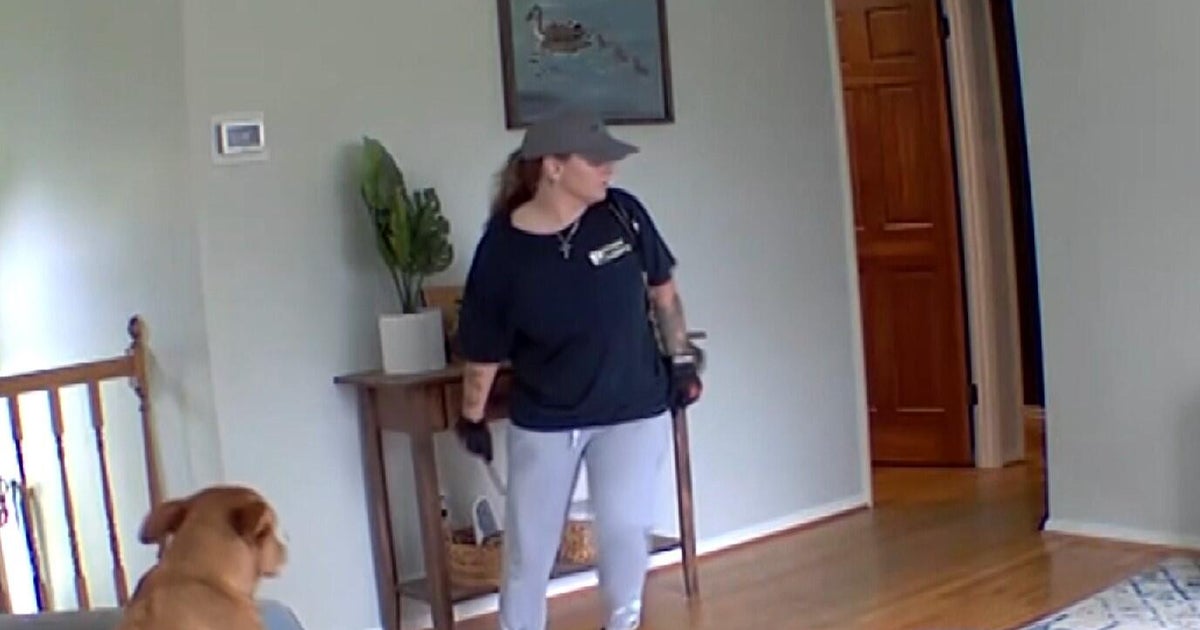Judge To Decide BPD Body Camera Police Union Dispute By Friday
BOSTON (CBS) -- After a hearing on the dispute between the city and a police union over the Boston Police body camera program concluded its second day Wednesday, the judge in the case said he would have a ruling by noon Friday.
Lawyers for the city of Boston reiterated their stance that Commissioner Bill Evans had the right to assign body cameras to officers after none volunteered to wear them.
The Boston Police Patrolmen's Association claimed his assignments were a breach of agreement, and asked the judge to keep the city from forcing officers to wear the cameras.
The two sides had reached an agreement in July calling for 100 officers to volunteer to wear body cameras for six months, but a Patrolmen's Association lawyer said during the hearing Tuesday that officers weren't given enough time or information to volunteer to wear the body cameras.
In court Wednesday, attorneys for the city said they were willing to go to arbitration over the issue.
Evans said after the hearing that it was unfortunate the whole thing had to go to court.
"You know, I've got a great department," said Evans. "It's lousy to see this infighting, because I think it takes away from the job they do, and it gives the perception that we have something to hide. We have nothing to hide."
The Patrolmen's Association argued that they didn't know what would happen when a Boston Police officer hit the streets wearing a camera--and suggested the devices could even result in increased assaults.
The union's lawyer, John Becker, said the city was conducting an experiment with the body cameras and "using our officers to do it."
Both sides said they did not anticipate the lack of volunteers.
The president of the Patrolmen's Association, Patrick Rose, also said the timing of the program was "horrible," having come after the killings of eight police officers in Dallas and Baton Rouge.
More: Patrolman's Union President: Timing Of Boston Police Body Camera Program Was 'Horrible'
In closing arguments Wednesday, the city said Commissioner Evans' power to assign cameras was a matter of public safety.
But the Boston Police Patrolmen's Association claims his assigning the officers was a breach of their agreement--and that the breach could not be fixed with money, but only by "stopping the program."
Speaking outside of court Wednesday, Rose said the dispute had nothing to do with body cameras, which he said he and his union support. He said it was solely about bargaining rights.
Evans said his department would be ready to start the program Monday if the judge ruled against the union.
"I think most officers will see the benefits of this program once it gets going," said Evans.
WBZ NewsRadio 1030's Carl Stevens reports
